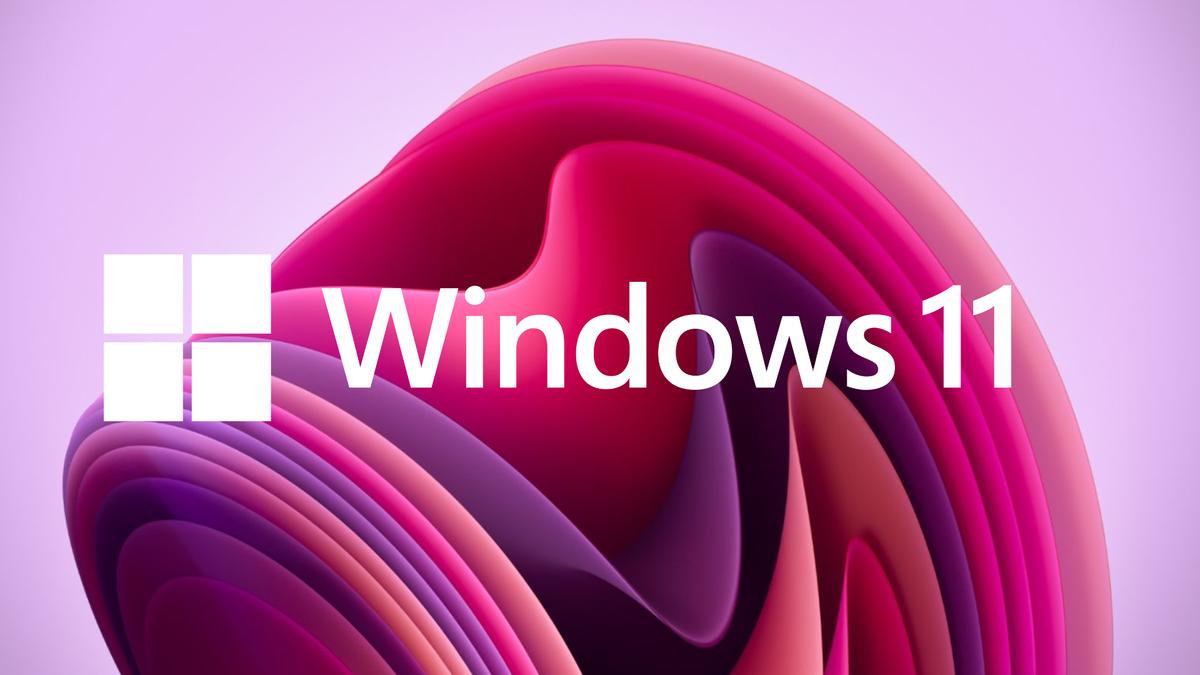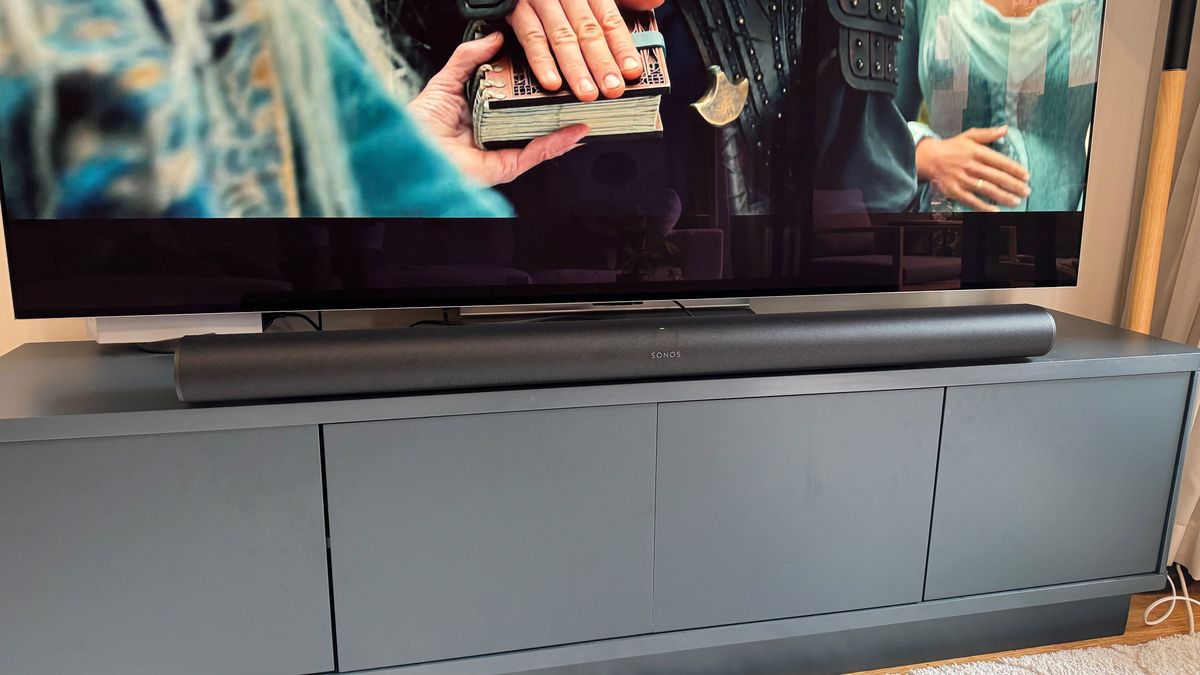Windows 11 is creeping up on its three-year anniversary since launch, and the OS has apparently hit an all-time high for users – almost 30% of all Windows PCs now run Windows 11, at least according to one analytics firm.
That may not seem like a lot – frankly, it isn’t – but it’s at least a marked improvement in recent times, where Windows 11’s adoption has actually slightly dropped, and this is certainly a positive sign compared to the cold reception that the operating system initially received.
Neowin flagged that Statcounter’s most recent monthly report shows Windows 11 at 29.7% of market share, with Windows 10 still currently enjoying a large majority of 66.1%.
Normally, when a new operating system drops, it’s widely adopted. Still, if we’re celebrating a high of 30% nearly three years on from release, that’s obviously not a great indication that Windows 11 is being welcomed with open arms – despite all its extra perks and AI features, which are continuously being added.
That begs the question: Why are so many people reluctant to move to Windows 11? For starters, the more demanding system requirements that rule out older CPUs and machines without TPM are a hard barrier for adoption when it comes to some PCs.
Furthermore, since its launch, Windows 11 has suffered more than its fair share of poor updates and buggy behavior. Plus, the OS is slowly turning into a conduit for ads that you can’t escape in some cases. Also, there’s just not a lot of difference between Windows 10 and Windows 11 for people who aren’t really that fussed about AI or Copilot (and Copilot is in Windows 10 anyway, even if all of Microsoft’s various AI features aren’t).
Could this small victory for Windows 11 – which represents a monthly uptick of just over 2% in Statcounter’s figures – simply be the result of people buying new machines? You’d be hard-pressed to find a new Windows desktop PC or laptop that isn’t running Windows 11, and downgrading your system is just not worth the effort for many (or may not even be possible). Especially given that Windows 10 isn’t far off its End of Life anyway (that rolls around in October 2025).
It might be the case that we’ll have to wait until Windows 12 eventually debuts and hope that it’s a big enough improvement to get Windows 10 users to jump ship and skip Windows 11 – although, again, system requirements are likely to prove an insurmountable hurdle for some older PCs.





